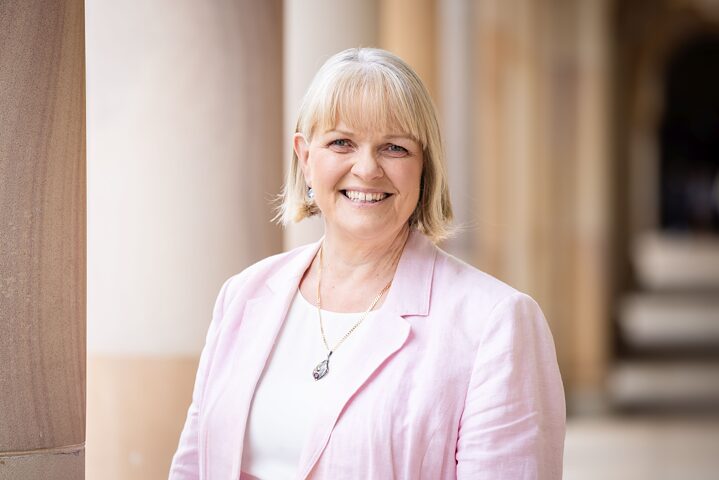Dr. Simone Smala is the co-author of Languages and Social Cohesion (Meier & Smala, 2021), the first comprehensive transdisciplinary review of research into social contexts in which decision makers and researchers consider social cohesion in the presence of linguistic diversity. Her background in Content and Language Integrated Learning (CLIL) in bilingual immersion education settings led her to ask questions about natural language processing, machine translation and more broadly, AI in Education, and what this means for the role of learning modern languages in young people's formation of identity. She argues that learning a second (or third etc) language is a human right and contributes significantly to our enchantment with the world.

